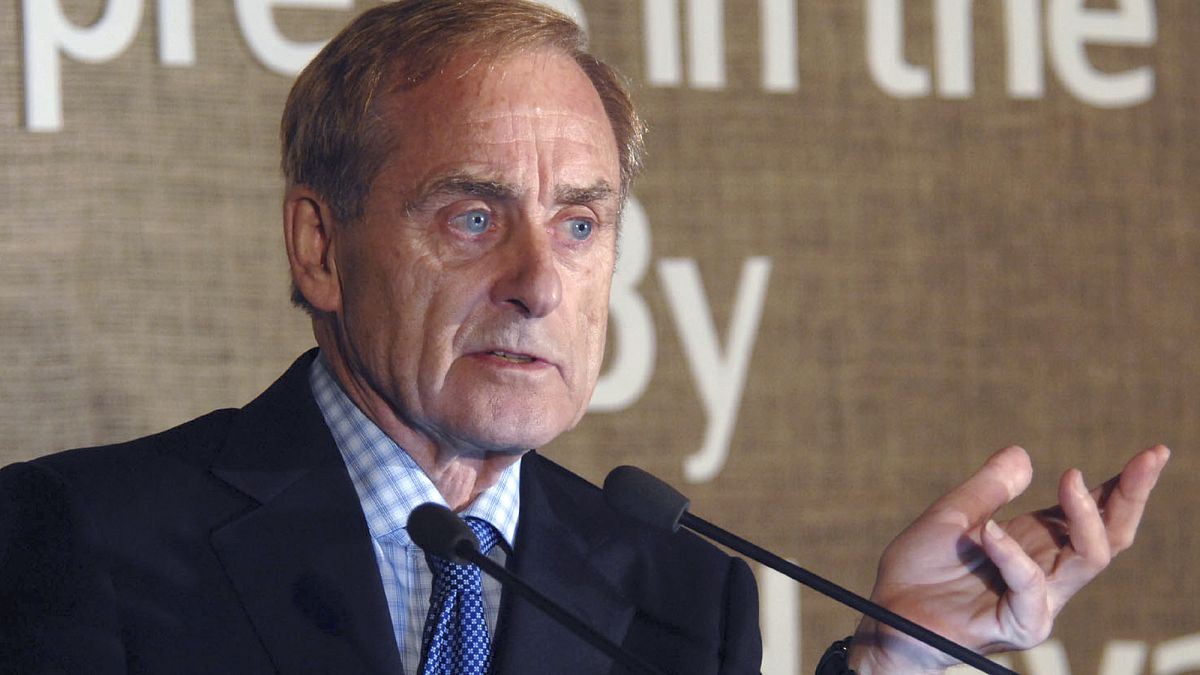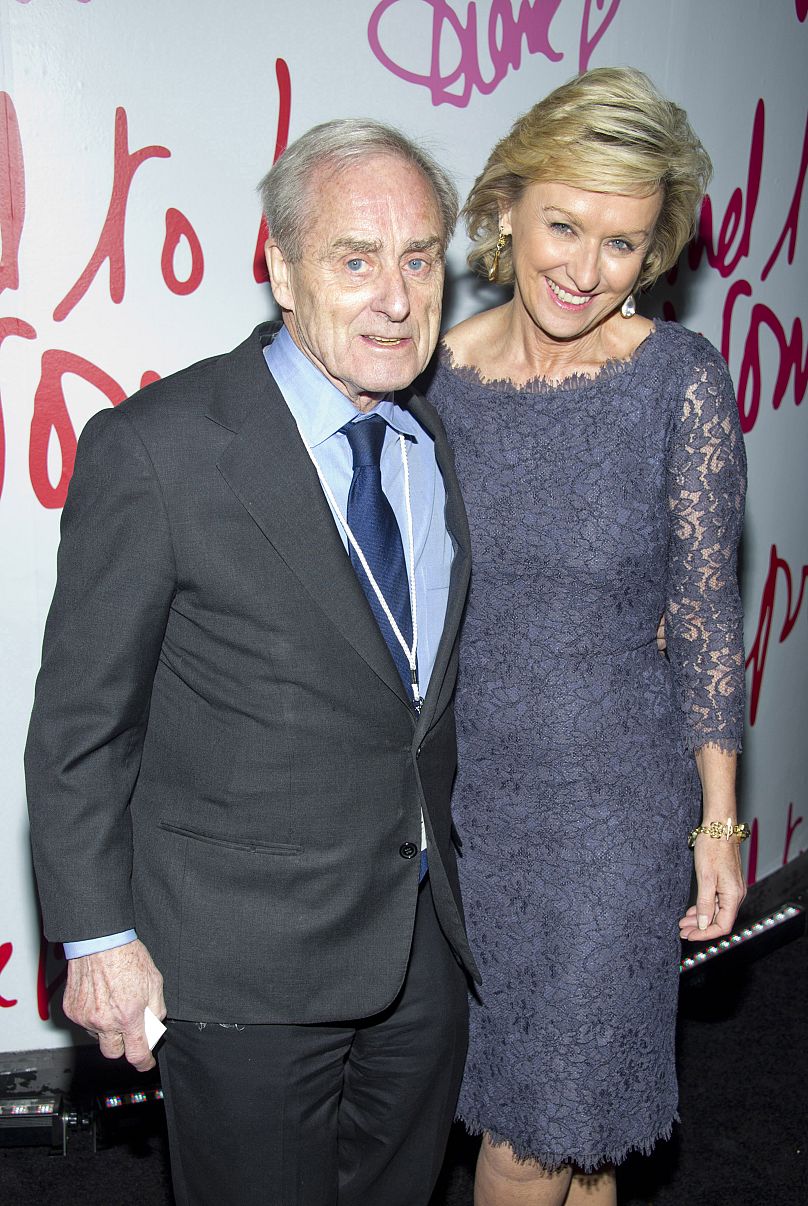An event celebrating the best in investigative journalism is taking place today, in honour of the life of Sir Harry Evans, a journalist famous for uncovering the thalidomide scandal with the Sunday Times.
Sir Harrold Evans was born in 1928 and worked in multiple journalist roles before becoming editor of the Sunday Times in 1967, staying in the role until 1981. In his time as editor, he ran a ten-year campaign to win compensation for the victims of thalidomide, a morning sickness drug that caused birth deformities.
Other achievements include exposing a British secret service cover-up, revealing corporate deception over the 1974 Paris air crash and pushing an exposé by Anthony Mascarenhas of the Pakistani army’s massacre of Bangladeshis, which is widely credited for helping turn the tide of the war.
Knighted in 2004 for his services to journalism, Evans was one of the most celebrated investigative and photojournalists of a generation. He died in New York City in 2020 aged 92.
In his wake, his wife Tina Brown CBE, the author, journalist and former editor-in-chief of Tatler, Vanity Fair, the New Yorker and The Daily Beast is hosting ‘Truth Tellers’, the inaugural Sir Harry Evans Global Summit in Investigative Journalism today (10 May 2023).
Truth Tellers will be co-hosted by Brown, Reuters Editor-in-Chief Alessandra Galloni and Durham University Vice Chancellor Karen O’Brien.
Featuring speakers from all areas of journalism, the event is focused on the future of investigative journalism in an era where news outlets are increasingly pushed to respond to market forces because of “corporate timidity”, Brown said.
As sites like Buzzfeed, Vice and Gal-Dem face closure, the appetite for original reporting on divisive issues is a secondary priority to viewing figures. Even if investors like the idea of quality journalism “they look at the numbers and go, ‘Let’s just cut it’,” she said.
Brown has reflected on how her husband achieved such high-quality work in his lifetime. “Harry was very good at sustaining outrage. That was one of his great talents. One of the things we battle now is how to keep attention in a time of attention famine,” she said.
“One of an editor’s most important challenges is not only to publish a story, but to keep people focused on that story and keep doing that story again and again. He always felt that just when your own staff are getting bored with a campaign is just when readers are beginning to notice it. That was his philosophy in the thalidomide scandal.”
The Summit is being held today at the Royal Institute of British Architects in London. It coincides with the opening of The Sir Harry Evans Global Fellowship in Investigative Journalism that will provide a six-to-nine-month Fellowship with Durham University and Reuters to an exceptional early-career journalist.




